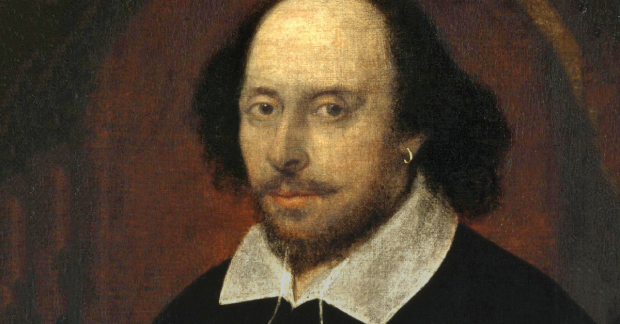Shakespeare and plague – how did disease influence the playwright?

Whilst modern society adjusts to the fact that Covid-19 has temporarily closed our theatres, disease in Shakespeare's time meant such scenes were fairly regular. The recurrence of the plague throughout the 16th and 17th centuries had a massive impact not only on the Bard's life and work but also the history of drama in this country.
Shakespeare was entwined with the plague from his very beginning, as an outbreak killed a quarter of Stratford-upon-Avon's population in the year of his birth. He was lucky to survive but this was by no means the end of his experiences with the disease. Theatres were usually the first public spaces to be closed during peak times of infection and whilst there were clear medical reasons for this, some sections of society went further and held theatres directly responsible for plague in the first place. The modern equivalent might be blaming The Book of Mormon's blasphemy as the reason for coronavirus – now that is a Downing Street press conference everyone would want to see.
An outbreak in 1592-93 closed London's theatres and the decision would have been financially crippling to Shakespeare, who was only 28 years-old at the time. Refusing to bow to the disease however, the Bard turned to writing love poetry as a creative outlet and enjoyed great success. His poem Venus and Adonis made him a star in literary circles.
For the rest of the decade, theatres generally remained open and Shakespeare returned to writing plays, but periods of uncertainty would follow at the beginning of the next century. From 1603-1613, the Globe and other London venues were closed for a total of 78 months. Much like today, quarantine measures were imposed on the city's population so Shakespeare left the capital and retired to his Stratford home instead.
This is not to say that he spent the months idling around. Without the distractions of Netflix or Joe Wicks workouts, historians reckon that during a quarantine period in 1606, Shakespeare used the time to write King Lear, Antony and Cleopatra and Macbeth. Not a bad effort at all. Right after another episode of Derry Girls I might consider trying to achieve something similar myself.
Another effect of London's theatre lockdown was to force Shakespeare's acting company The King's Men to develop links with provincial towns like Bath, Coventry and Shrewsbury. Regional audiences would have enjoyed favourites like Romeo and Juliet, and lines like "A plague o' both your houses!" are bound to have evoked an emotional reaction given the circumstances. King Lear is another of Shakespeare's works that references plague not only in dialogue but through mood and atmosphere. Considering that it was written during a time of quarantine and disease, it is not difficult to draw lines between the bleakness of the text and the real-life situation that must have influenced it.
Similarly it is interesting to wonder whether humanity might one day look back on this pandemic as having an influence on the content and style of plays written. Themes of isolation, technology and loo roll obsession could well feature, as might the selfless medical staff and key workers that will get us through this crisis. There will be stages to show these stories, that much is certain.
















